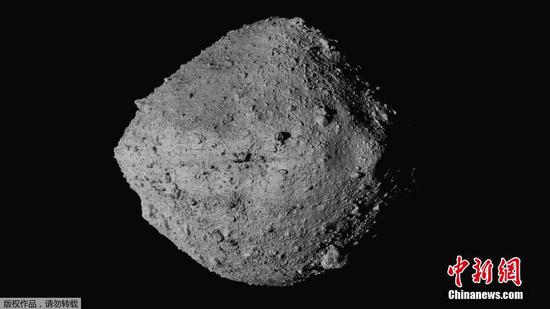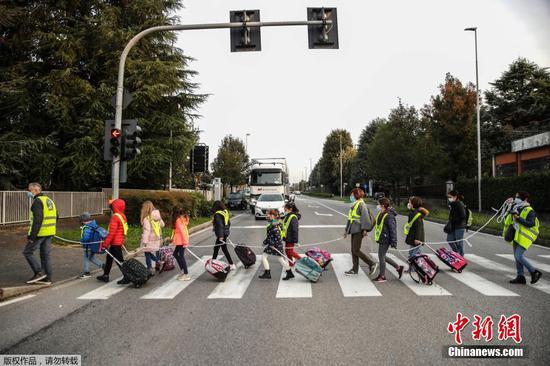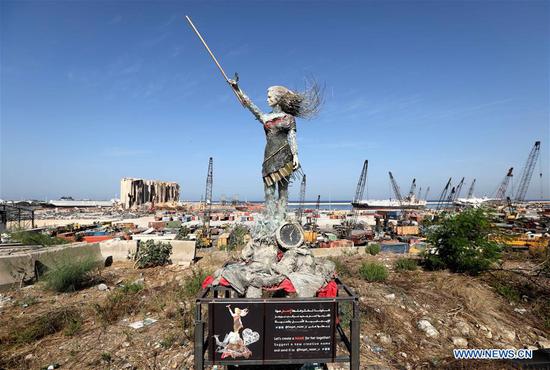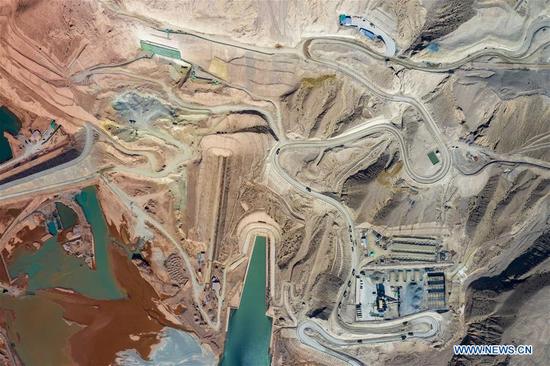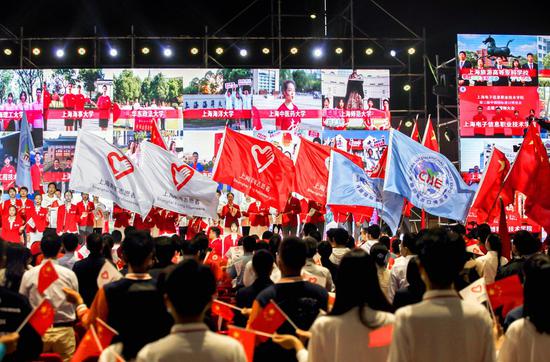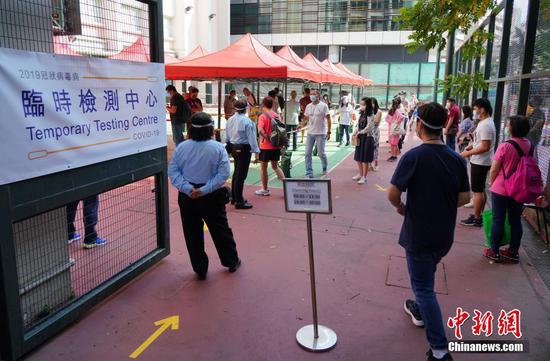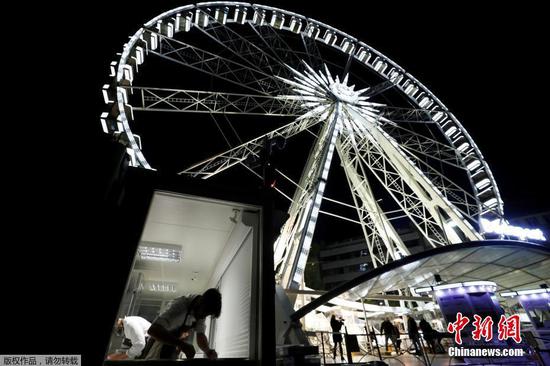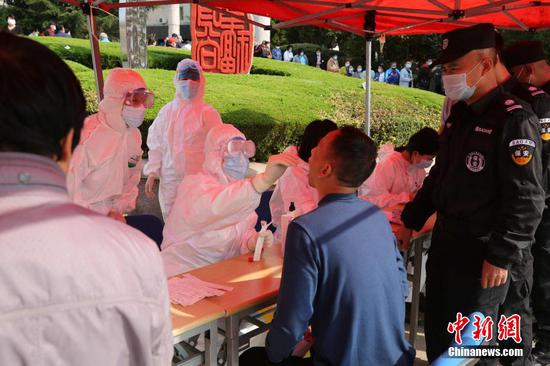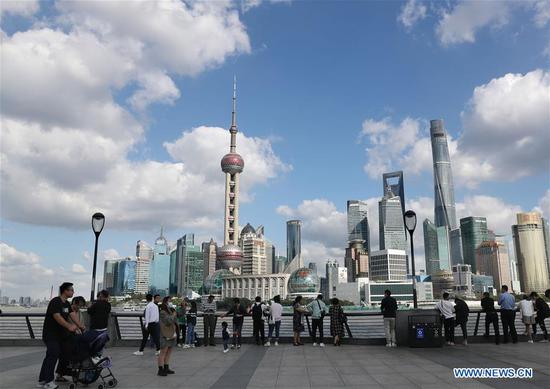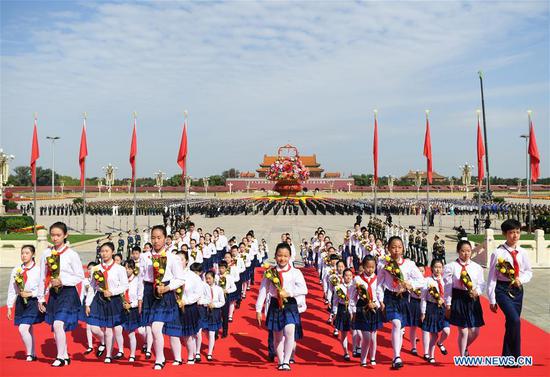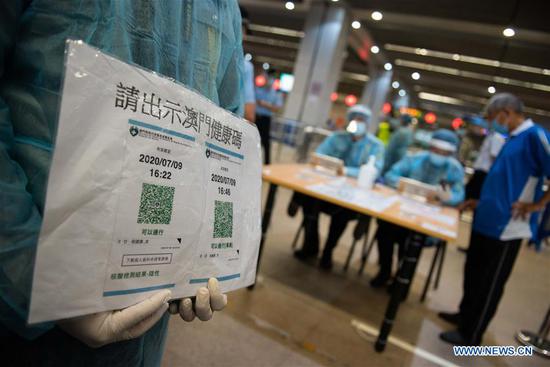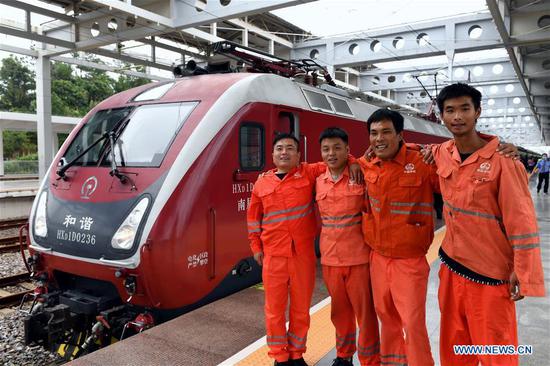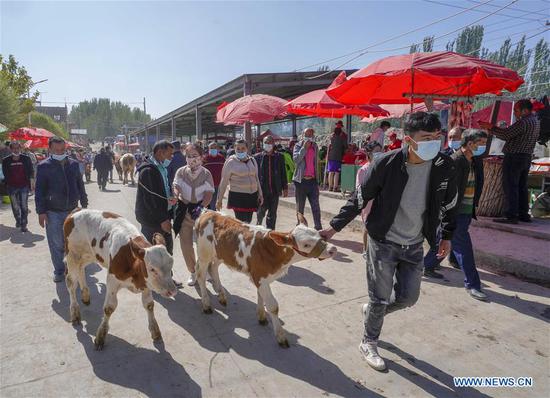Hong Kong will be able to retain its unique strengths under the "one country, two systems" principle if it integrates into the nation's development, the central government's top liaison official in Hong Kong said on Tuesday.
In fact, Hong Kong's integration into the overall development plan of the country will give full play to its comparative advantages while maintaining its uniqueness, said Luo Huining, director of the Liaison Office of the Central People's Government in the Hong Kong Special Administrative Region.
Luo made the remarks on Tuesday at a symposium hosted by the Liaison Office to revisit the important speech President Xi Jinping made on Oct 14 during the celebration of the 40th anniversary of the establishment of the Shenzhen Special Economic Zone.
In the speech, Xi tasked Shenzhen to "synergize economic rules and mechanisms among the Chinese mainland and Hong Kong and Macao special administrative regions".
Luo said Xi's words are key guidance for Hong Kong on how to take its development forward because promoting the construction of the Bay Area is also a historic opportunity that Hong Kong must not pass up.
He said the special administrative region would not be "marginalized" in the region, nor would it be "assimilated" by the mainland cities in the process of integrating into the Guangdong-Hong Kong-Macao Greater Bay Area. On the contrary, Hong Kong would complement and co-develop with the mainland cities, with the "one country, two systems" fully and accurately implemented.
In Luo's opinion, the past 40 years is a living embodiment of how the "one country, two systems" principle can propel Hong Kong and Shenzhen to achieve a win-win development by working side by side, as Hong Kong has actively participated and benefited from Shenzhen's rise from a village to a national-level economic powerhouse.
Luo advised Hong Kong, which is in search of suggestions to carry on the long-standing tradition of deep collaboration with Shenzhen, to set its sights on the newly unveiled 40 pilot programs that grant Shenzhen greater leeway to build itself into an exemplary city of socialism with Chinese characteristics.
At the same time, Hong Kong is encouraged to actively participate in the development of the Greater Bay Area, deepen cooperation with Shenzhen, and make new contributions with its strengths in science research, professional services, capital-raising, and attractiveness to global professionals, he said.
In its future development, the region must rely not only on the external environment but should also "set its sights on the burgeoning opportunities on the mainland", he said.
Luo stressed that the Liaison Office will fully support the special administrative region government in its law-based governance, as well as reforms and innovations.
Twelve representatives from the city's political, business, and professional sectors attended the symposium at which Luo spoke, chipping in on Hong Kong's position in the Bay Area development and how to create more opportunities for local youths.
They all concurred that Hong Kong should fully capitalize on its unique strengths, actively integrate into the nation's development plan, and play a more-vital role in the country's model of "dual circulation of growth", which centers on domestic and international development reinforcing each other.












